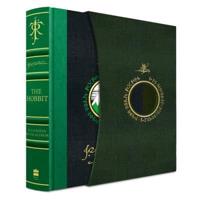Publisher's Synopsis
Alfred Thayer Mahan (September 27, 1840 - December 1, 1914) was a United States naval officer and historian, whom John Keegan called "the most important American strategist of the nineteenth century." His book The Influence of Sea Power Upon History, 1660-1783 (1890) won immediate recognition, especially in Europe, and with its successor, The Influence of Sea Power Upon the French Revolution and Empire, 1793-1812 (1892), made him world-famous and perhaps the most influential American author of the nineteenth century.Mahan was born on September 27, 1840, at West Point, New York, to Dennis Hart Mahan (a professor at the United States Military Academy) and Mary Helena Okill Mahan (1815-1893), daughter of John Okill and Mary Jay (daughter of Sir James Jay). Mahan's middle name honors "the father of West Point", Sylvanus Thayer. Mahan attended Saint James School, an Episcopal college preparatory academy in western Maryland. He then studied at Columbia for two years, where he was a member of the Philolexian Society debating club. Against the better judgment of his father, Mahan then entered the Naval Academy, where he graduated second in his class in 1859.Commissioned as a lieutenant in 1861, Mahan served the Union in the American Civil War as an officer on USS Worcester, Congress, Pocahontas, and James Adger, and as an instructor at the Naval Academy. In 1865, he was promoted to lieutenant commander, and then to commander (1872), and captain (1885). As commander of the USS Wachusett he was stationed at Callao, Peru, protecting US interests during the final stages of the War of the Pacific. While in actual command of a ship, his skills were not exemplary; and a number of vessels under his command were involved in collisions, with both moving and stationary objects. He had an affection for old square-rigged vessels rather than the smoky, noisy steamships of his time; and he tried to avoid active sea duty








